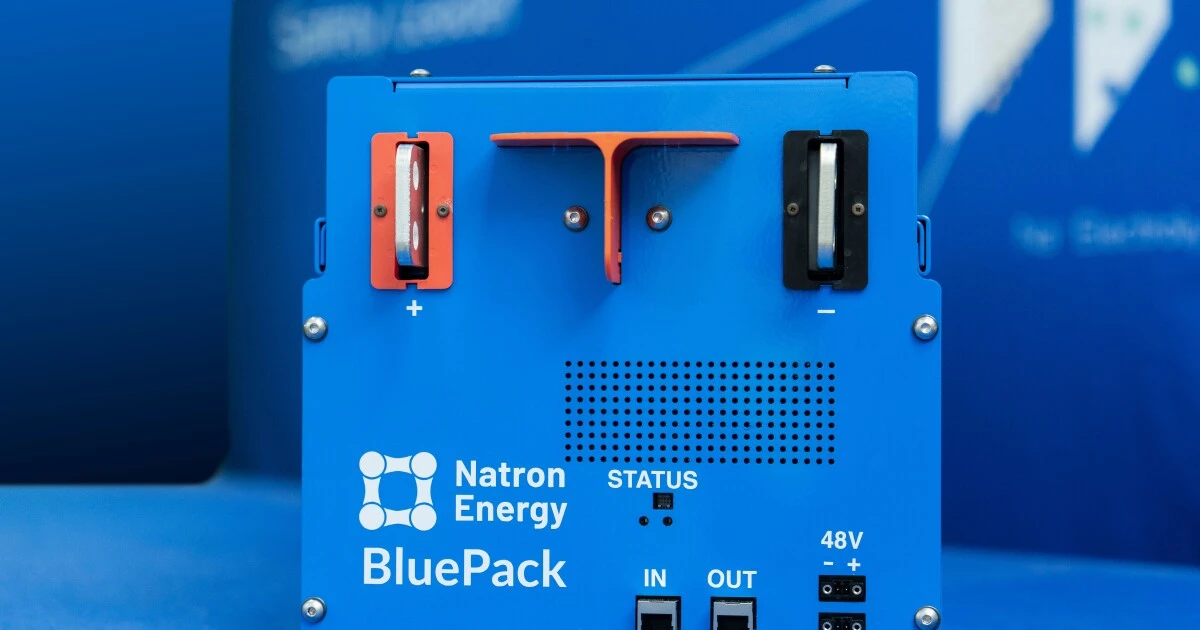- cross-posted to:
- hackernews@lemmy.smeargle.fans
It’s so rare to actually see a new battery tech exit the lab and enter production. Always seems like there’s 10,000 new up and coming breakthroughs in battery technology, but none ever leave the workbench.
While Na-ion batteries don’t have the energy density of Li-ion, they make up for it with many other factors such as more abundant source materials, increased safety, higher charge/discharge currents, and increased number of charge cycles.
Slashdot summary:
Not only is sodium somewhere between 500 to 1,000 times more abundant than lithium on the planet we call Earth, sourcing it doesn’t necessitate the same type of earth-scarring extraction. Even moving beyond the sodium vs lithium surname comparison, Natron says its sodium-ion batteries are made entirely from abundantly available commodity materials that also include aluminum, iron and manganese. Furthermore, the materials for Natron’s sodium-ion chemistry can be procured through a reliable US-based domestic supply chain free from geopolitical disruption. The same cannot be said for common lithium-ion materials like cobalt and nickel.
Sodium-ion tech has received heightened interest in recent years as a more reliable, potentially cheaper energy storage medium. While its energy density lags behind lithium-ion, advantages such as faster cycling, longer lifespan and safer, non-flammable end use have made sodium-ion an attractive alternative, especially for stationary uses like data center and EV charger backup storage. […] Natron says its batteries charge and discharge at rates 10 times faster than lithium-ion, a level of immediate charge/discharge capability that makes the batteries a prime contender for the ups and downs of backup power storage. Also helping in that use case is an estimated lifespan of 50,000 cycles.



The linked batteries all appear to have energy densities of about 130 Wh/kg or less.
I wasn’t denying sodium batteries are not commercially available/viable, just pointing out that while currently available sodium batteries have lower energy density than lithium ion batteries, in the lab, sodium batteries have the ability to reach similar energy density to currently commercially available lithium ion batteries.
The linked batteries are plenty useful for many purposes. I would gladly use them for home energy storage, electronics, or recreation vehicle use. I’m generally wary of lithium battery safety in outdoor, or high heat environments, and look forward to safer options becoming more available/common.